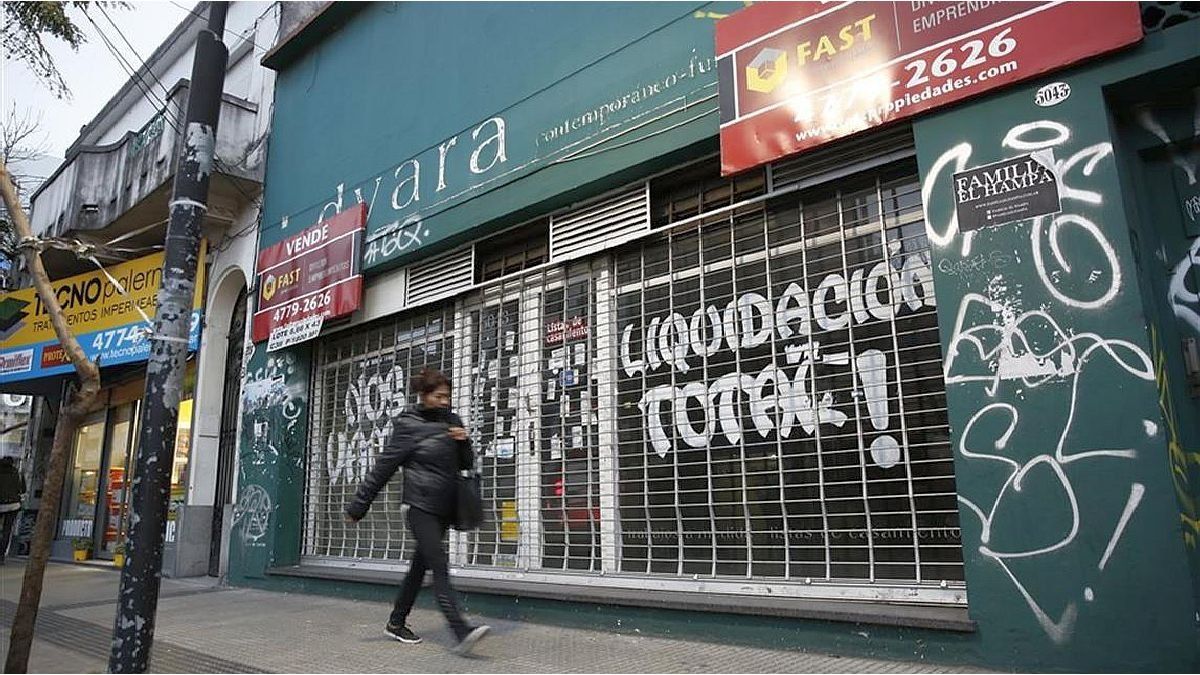For decades, civil protection experts have been accused of unnecessarily spreading panic with their exercises and advice. That has now changed.
There are no longer sirens in many places. Bunker: None. Medical protective clothing was in short supply in 2020.
The corona pandemic, the flood of the century in the west and the Russian war of aggression in Ukraine have relentlessly made people in Germany aware of the state deficits in civil defense and disaster control.
Armin Schuster has been President of the Federal Office for Civil Protection and Disaster Assistance (BBK) since November 2020. In an interview with the German Press Agency, he promotes more speed and money to close the gaps quickly:
Question: A year ago a plan for a realignment of the BBK was presented, how did you get on with that?
Schuster: We have already achieved a lot with the resources available. The projects are running. But not only that. We have moved closer together. The countries that are responsible for disaster control show a strong willingness to cooperate. Due to the corona pandemic and the flood disaster, there has been a clear rethink. As a result, it is already possible for the BBK to take on a central and coordinating function in civil protection, even without a change in the law.
We are currently setting up the joint competence center for civil protection of the federal and state governments. This is proof of that. When the conference of interior ministers makes the final decision on this in June, we will immediately move from the installation phase to ongoing operations. The aim of the realignment is to strengthen civil protection in Germany as a whole.
In doing so, we always had scenarios in mind in which several crises had to be dealt with at the same time. That was the case during the flood – because the pandemic was still there – and it’s still the case now, when Germany has to take in a large number of war refugees within a very short time.
For a long time, civil protection – i.e. the protection of the civilian population in the event of tension or defense – was not taken seriously as part of our efforts to protect the population. People believed they were permanently at peace.
Question: What about the funds, the traffic light coalition wants to do more in civil protection?
Schuster: For what we are planning, an increase of ten million euros, as is now planned in the budget for 2022, is not enough. I am therefore urging Members to look at it again. We have applied for additional investments of around 135 million euros in the regular budget.
However, this is not about financing an authority, but about investing in national reserves, securing drinking water, sirens and other warning devices, improving equipment and CBRN protection, i.e. protection against chemical, biological, radiological and nuclear dangers. It is also about, for example, modern civil protection and disaster control vehicles and our civil protection helicopters.
Question: Is it already foreseeable whether money will also flow into civil defense from the 100 billion special fund?
Schuster: No, although civil defense is of course also an elementary part of our defense capability. Health care, emergency power, drinking water, nutrition, warning, self-protection of the population, equipment, material and distribution logistics for the care of a large number of injured people, that’s all part of it.
Question: What about bunkers?
Schuster: The federal and state governments will now take stock together very quickly. In 2007, the federal and state governments decided to abandon the shelter concept. We are currently developing concepts of what effective structural civil protection could look like in the future. However, implementation will take time and cost a lot of money.
Question: What about the war in Ukraine, what is the BBK doing, what does it change in the scenarios that are being prepared for?
Schuster: Many considered this threatening situation to be improbable. But not the Bundeswehr and neither do we – due to the fact that we have given up our office. In this respect, nothing changes in the scenarios, but rather in the intensity of the preparations. Our situation center is the central hub for the coordination of state aid from Germany to Ukraine and the neighboring countries. Added to this is the distribution of patients within Germany who fell ill or were injured in the war.
We have activated a module from the federal support reserve for civil defense in Berlin. The German Red Cross operates this module, which is intended to accommodate and supply 5,000 people fleeing – i.e. with electricity, beds, sanitary facilities. The procurement of a second module with the Arbeiter Samariter Bund has been decided. We want to expand the number of modules, but this would require more budgetary funds. However, from the point of view of civil defense, there should be reserves for twenty modules, that is, for 100,000 people.
Question: What about self-protection?
Schuster: I advise all citizens to use the BBK’s advice service. Everyone can prepare themselves, for example with regard to useful equipment in the event of a power failure or other emergencies. Everyone should have food reserves and drinking water at home. “Hamsters” are not necessary, the emergency supply can be built up step by step. We also advise against stocking up on iodine tablets, because there are state reserves for this and self-medication is dangerous.
Question: How are you getting on with the acquisition of sirens?
Schuster: As part of the federal siren funding program, the states are responsible for purchasing sirens. With the program we have given an important impetus and the program has been very well received by the countries. However, some states are also taking more money into their own hands to make progress, such as Lower Saxony.
Question: What about the warning day, when so much went wrong the year before last and then last year was cancelled?
Schuster: The warning day should take place this year. My wish is that we then also test cell broadcast as a warning device for the first time.
Question: What do you think of the discussion about a return to conscription or the introduction of a mandatory year of service?
Schuster: As BBK, it is our job to strengthen the civilian side. Because the fact is: We need volunteers in the fire brigades and aid organizations. And we need a strong BBK, strong civil protection. We cannot call for the Bundeswehr in every crisis. Because the Bundeswehr has its own tasks to fulfill and is not a civil defense reserve per se. We see that now, too, when soldiers are required to fulfill their core mission and NATO obligations.
The BBK is actively committed to promoting volunteer work in civil protection. In particular, it is the voluntary helpers who are committed to society in their free time and support the assistance system in Germany together with the full-time emergency services.
Source: Stern
David William is a talented author who has made a name for himself in the world of writing. He is a professional author who writes on a wide range of topics, from general interest to opinion news. David is currently working as a writer at 24 hours worlds where he brings his unique perspective and in-depth research to his articles, making them both informative and engaging.




